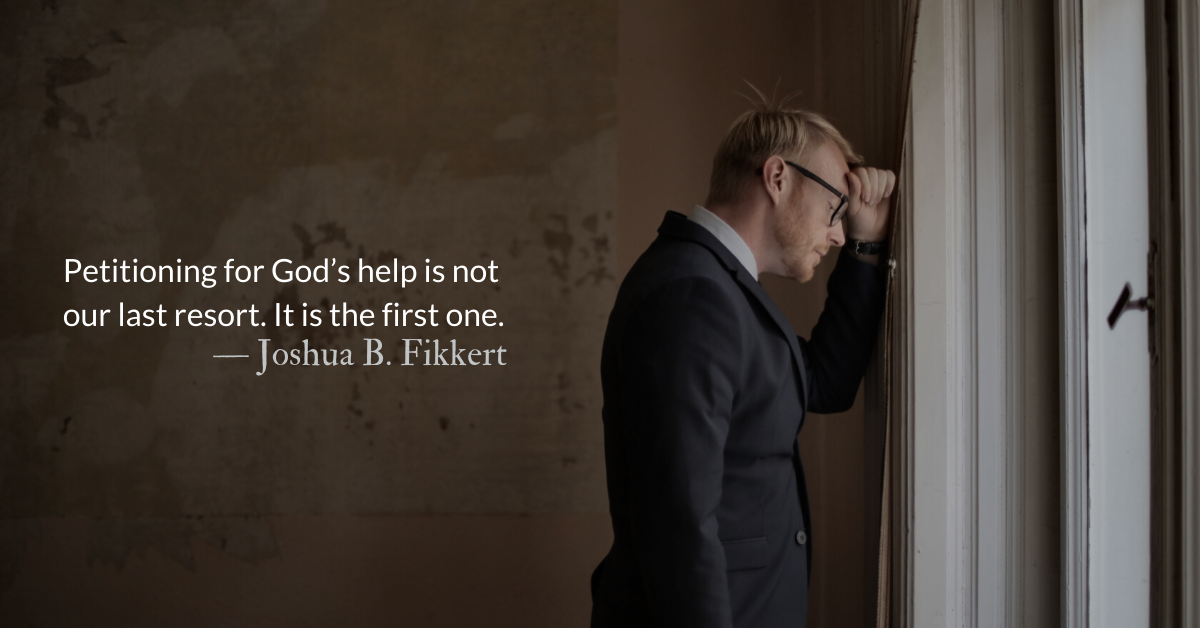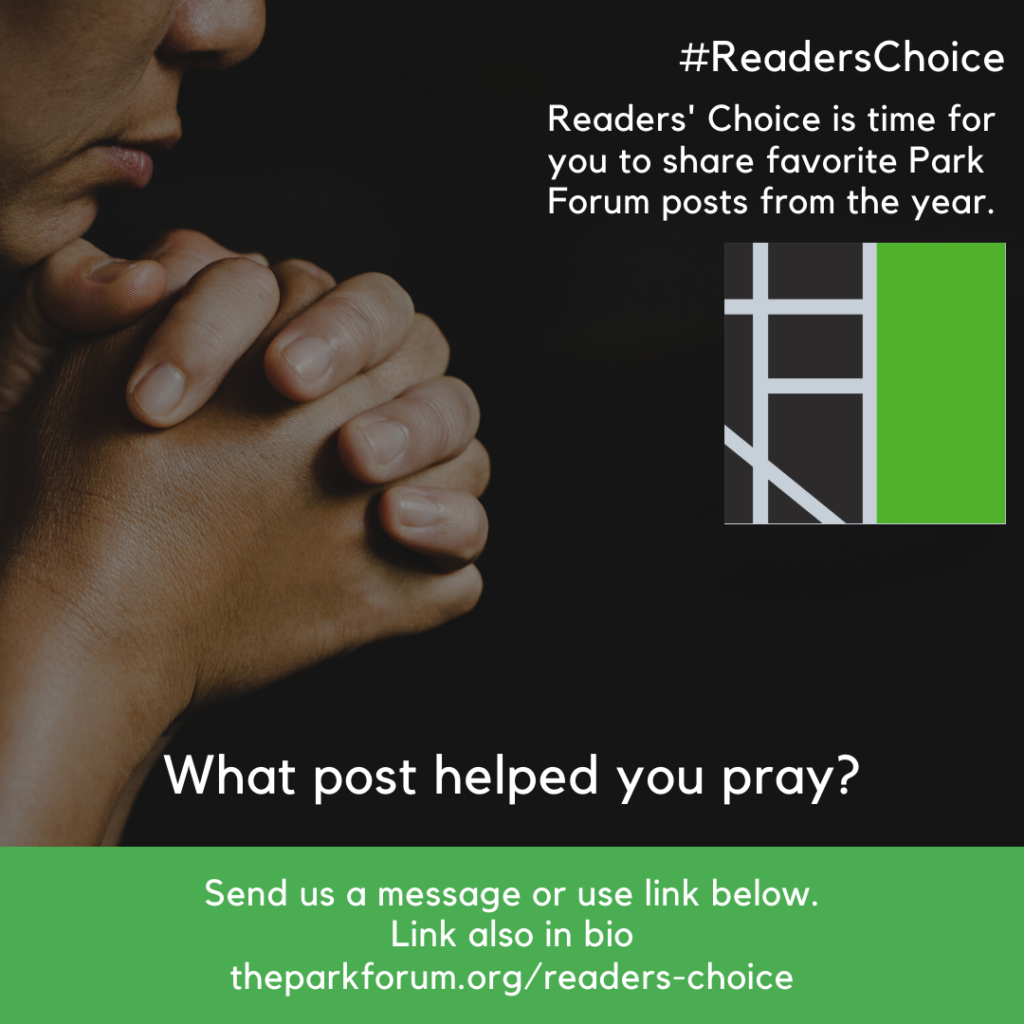Scripture Focus: Isaiah 37.32
32 For out of Jerusalem will come a remnant,
and out of Mount Zion a band of survivors.
The zeal of the Lord Almighty
will accomplish this.
Reflection: The Way of the Remnant
By John Tillman
At this point, Isaiah has seen kings come and go. He has seen that ultimately his country is doomed to destruction and his people are destined for exile. But even with darkness looming, there is light and hope for God’s remnant.
Isaiah has no illusions about suffering, hope, and ultimate reality. After seeing God’s throne room, kings like Sennacherib, who threatens Judah, seem unimpressive. Isaiah brushes off Sennacherib’s boasts with a strong rebuke and a promise of God’s protection.
Sennacherib’s army will be conquered by the God he compared to a powerless idol.
Sennacherib will be killed while praying to his own powerless idol, which could not save him from the ambition of his own sons.
The way of kings seems to have a pattern:
Out of callousness, cruelty.
Out of confidence, despair.
Out of pride, disgrace.
There is a different pattern for the remnant that God will zealously protect:
Out of hopelessness, faith.
Out of shame, honor.
Out of loss, victory.
This faith, honor, and victory won’t always look like that on the surface. There won’t always be miraculous deliverance from armies. We won’t always see the convenient self-destruction of our foes. Sometimes the enemy army will win. Sometimes, like the faithful remnant, we will be taken into exile. Sometimes, like Isaiah, we will suffer, and perhaps die.
This suffering we endure won’t always be at the hands of enemy kings, like Sennacherib. That might be easier to understand. We are just as likely to be harmed at the hands of unfaithful or misguided fellow believers as unbelievers.
Isaiah was killed by the last king of Judah he served, Manasseh.
Jesus was killed by the Romans, but it was at the insistence of the most dedicated and well-respected of Jewish scholars, scribes, and teachers. (Luke 19.47)
Stephen, the first martyr of the church was killed by zealous followers of God, the Sanhedrin.
If we suffer, let it be for doing good, not evil. Let us suffer for generosity, not selfishness. Let us suffer for kindness, not violence. If we, like Isaiah, keep the image of God’s throne room in mind, that vision can wash away misplaced reverence for human leaders or fear toward human enemies.
Let us embrace the way of the remnant—rejecting callousness, confidence, and pride. God is zealous on the remnant’s behalf. Let us be faithful in hope and trust in God’s ultimate victory.
Divine Hours Prayer: The Greeting
Let the words of my mouth and the meditation of my heart be acceptable in your sight, O Lord, my strength and my redeemer. — Psalm 19.14
– From The Divine Hours: Prayers for Summertime by Phyllis Tickle.
Today’s Readings
Isaiah 37 (Listen 6:47)
Acts 24 (Listen 4:11)
Read more about Winning People > Winning Arguments
Whatever trials we face, formal or informal, keep Jesus’ words and Paul’s example front of mind.
Read more about Responding in Kind
There’s a saying that we don’t have to attend every fight we are invited to. God doesn’t need our defense but he desires our devotion.











